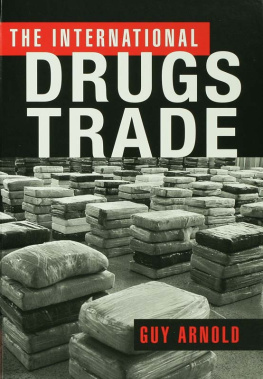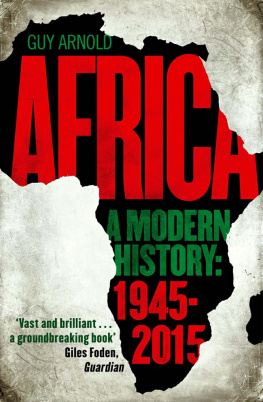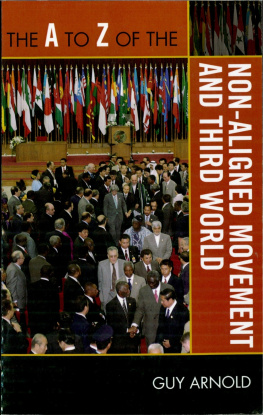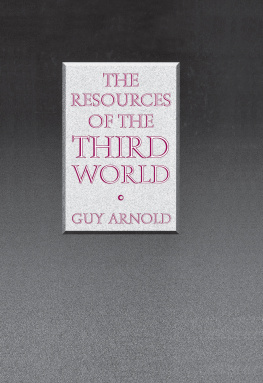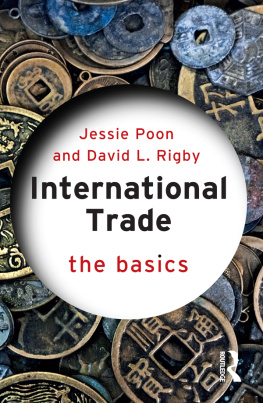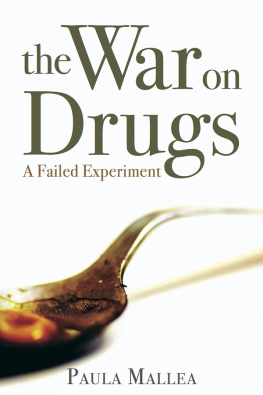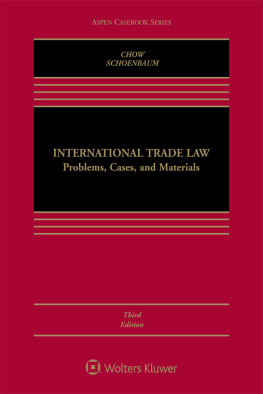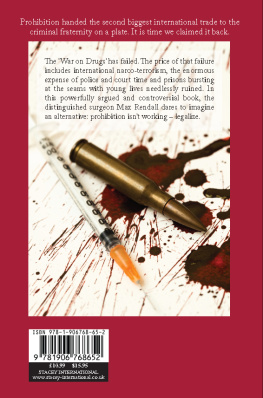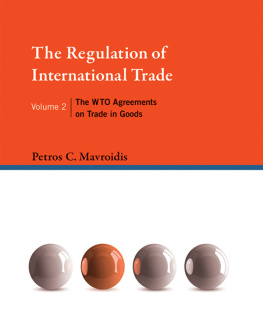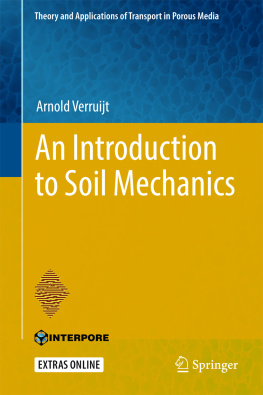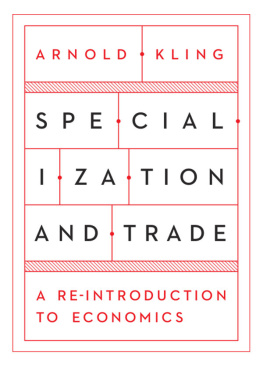Published in 2005 by
Routledge
Taylor & Francis Group
270 Madison Avenue
New York, NY 10016 | Published in Great Britain by
Routledge
Taylor & Francis Group
2 Park Square
Milton Park, Abingdon
OX14 4RN |
2005 by Guy Arnold
Routledge is an imprint of Taylor & Francis Group
Printed in the United States of America on acid-free paper
10 9 8 7 6 5 4 3 2 1
International Standard Book Number-10: 1-57958-396-2 (Hardcover)
International Standard Book Number-13: 978-157958-396-5 (Hardcover)
Library of Congress Card Number 2004015152
No part of this book may be reprinted, reproduced, transmitted, or utilized in any form by any electronic, mechanical, or other means, now known or hereafter invented, including photocopying, microfilming, and recording, or in any information storage or retrieval system, without written permission from the publishers.
Trademark Notice: Product or corporate names may be trademarks or registered trademarks, and are used only for identification and explanation without intent to infringe.
Library of Congress Cataloging-in-Publication Data
Arnold, Guy.
The international drugs trade / Guy Arnold.
p. cm.
Includes bibliographical references and index.
ISBN 1-57958-396-2 (hb)
1. Narcotics, control of. 2. Drug traffic. 3. Narcotics, control of
international cooperation. I. Title.
HV5801.A725 2004
363.45 dc22
2004015152
| Visit the Taylor & Francis Web site at
http://www.taylorandfrancis.com
and the Routledge Web site at
http://www.routledge-ny.com |
Introduction
It would be impossible to cover all aspects of the international drugs trade in one volume. Three areas are dealt with here: the principal markets for illegal drugs and official and public attitudes to the problem; the principal drug-producing countries; and the business of traffickinghow illegal drugs are moved from countries of origin and production to their markets.
The illegal drugs trade is now so widespread and affects so many countries and communities that it makes little sense for governments, politicians, or the United Nations to claim, as they periodically do, that they are successfully combating the trade and reducing its incidence. They are doing nothing of the kind. They may be combating the drugs trade, yet despite successeshuge hauls of drugs by police or customs, the capture of leading drug barons, the closing of drug export routesthe trade continues, constantly finding new outlets, while the number of drug users also continues to rise. The greater the effort put into combating the trade by authorities of all kinds, the greater the efforts directed at evasion and at the continuation of one of the world's three most profitable economies. If we examine the evidence of the last decade of the twentieth century, we find that while more and more political and media attention, and more and more money and policy initiatives were focused on the drugs problem, the effort was not attended by commensurate successes in reducing the numbers who used drugsthe willing market. Indeed, the opposite would appear to have been the case; as the anti-drugs effort increased, so did the consumption. What, then, is the answer?
If we look first at the side of law and orderthat is, the constituencies opposed to any form of drug culturethese divide into a number of often conflicting or disparate interest groups. Governments want to control or prevent drug use because this is politically acceptable. On the other hand, some governments and plenty of banks are lukewarm about fighting money laundering because large sums of money are involved that are welcomed and needed by poor countries or greedy banks. The U.S. concentration on fighting the drugs war in the producer countries (such as Colombia), rather than tackling the social and economic problems that give rise to the home demand, has produced a new North-South political equation; that is, the poor countries of the South (which used to be described as the Third World) seek revenge for past exploitation by the North and do so by supplying the drugs that undermine the moral integrity of peoples of the principal drug marketsthe United States, Europe, and Russia. Drug enforcement agencies, the police, customs, and other institutions responsible for combating the distribution of drugs have their own vested interests, apart from sometimes being corrupted themselves, because they can demand increased budgets and enlargement in the name of fighting the drugs war. They are part of a career and structural growth industry. And there are glaring anomalies. Prisons, in theory, represent some of the most controlled environments in the world, yet drugs are readily available in them. The reason is simple enough: the prison authorities find it easier to control the inmates, many of whom were convicted for drug offences in the first place, if they allow drugs into the prisons. The alternative might be far more unruly prison populations and a much harder role for the authorities.
Scapegoating, whether in democracies or dictatorships, is an integral part of political life while most societies need enemies to focus upon; during the 1980s and 1990s, drug addicts, drug traffickers, and drug barons came to fulfill this role, enormously assisted by such colorful villains as Colombia's Pablo Escobar or Panama's General Manuel Noriega. The result, by the beginning of the new century, is a perception of the drugs problem that puts it on a par with keeping the peace. The money involved in the illegal drugs trade, which now has an estimated annual turnover of $5,000 billion,* is so great that it acts as a magnet for the greedy and provides the means to corrupt on a massive scale, affecting governments, senior ministers and police or military personnel, and more junior officials down the line, and this takes place in every country affected by the international drugs trade. Hypocrisy also plays a part. The young in schools are lectured about the evils of drugs, and the poor young drug offenders of the West's many ghettoes are the particular targets of the police, yet too often the same Western societies turn a blind eye to the use of drugs by celebrities, the rich, or the secure middle classes.
The sheer size of the drugs trade and its endless ramifications suggest that the market is too vibrant to be eliminated. Whether or not the West believes in market forces, in fact such forces always operate where people want something enough and are determined to obtain it. And so we have to face a number of awkward questions, some of which are consistently ignored by politicians who are fearful of upsetting their constituencies. Does the criminalizing of drugs make the problem better or worse? Is the present approach the best way to tackle the problem? Would decriminalization make more sense? Since the illegal drugs business has grown in recent years, even as the anti-drugs crusade has been expanded, the evidence would suggest that the huge anti-drugs war is counterproductive. If this is the case, in what other ways can the problem be tackled, and should it be tackled at all? Why are so many people, at all levels of society, so anxious to have drugs, and why are so many governments and other social or political groups so determined to stop people from taking drugs? Can we differentiate between people who are able to take and enjoy drugs yet control their use and people who become addicts once they have taken drugs? Do governments criminalize drugs as opposed to tobacco or alcohol because they wish to set up social scapegoats? In free societies, should not individuals have the right to decide for themselves? Drugs have been used and abused throughout history; is it realistic to suppose that their use can be stamped out? Does not prohibition merely act as a spur to those determined to take drugs and a godsend to the criminal organizations that distribute them? Drug syndicates, for example, simply write off police or customs hauls of a percentage of their drugs as a necessary tax. They are not deterred.



